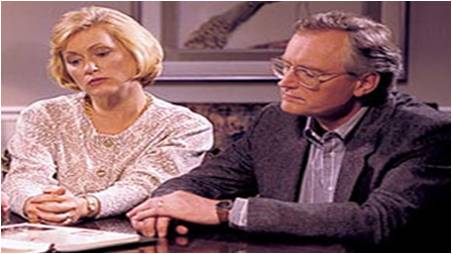 Choosing burial or cremation for you or your loved one is a very personal – and often complex – decision. For some, their preference is clear-cut, established and even pre-planned to a certain extent. On the opposite extreme, individuals die without ever having stated to family whether they want to be cremated or buried and the surviving family is left to make that decision – sometimes with opposing viewpoints.
Choosing burial or cremation for you or your loved one is a very personal – and often complex – decision. For some, their preference is clear-cut, established and even pre-planned to a certain extent. On the opposite extreme, individuals die without ever having stated to family whether they want to be cremated or buried and the surviving family is left to make that decision – sometimes with opposing viewpoints.
There really is no wrong answer. The primary aim is to educate yourself, discuss with your loved ones, and choose what’s best for you and your loved ones. Here are some considerations:
-
Spiritual philosophy – Whether based on formal religion or secular, humanistic beliefs, spiritual philosophy is one consideration that can provide guidance. If you ascribe to an organized religion, you can talk to the religious leaders or tap into the many resources that your religious organization offers on the topic.
-
Family – Family tradition and beliefs are key guideposts in deciding on burial or cremation, but many fail to also consider the long-term impact on family. Loved ones often have a desire for a permanent place where they can visit and feel in communion with those who have died. There are ways to provide this even when cremation is chosen – for example, by burying the cremated remains or placing them in a columbarium niche. Even when scattering is chosen, the family can keep a portion of the cremated remains in a permanent place of memorial, in memorial jewelry or in small mementos.
-
Cost – The costs of traditional burial versus cremation are often misunderstood or misguided. There is really only one way to cut through all the rhetoric: visit with funeral professionals and get detailed costs. It’s really that simple. Most funeral professionals are keen to help, can talk to you about the many options surrounding either burial or cremation – such as service or memorial ceremony options – and all will have price lists that are clear-cut.
-
Complexity – If you ask people which is more complex – traditional or cremation – it’s likely that most people will quickly answer “traditional burial”. Indeed, the perceived simplicity of cremation is one of the oft-cited reasons for that choice. However, both have certain complexities associated with them, and that’s not necessarily a negative. Commemorating the life of a loved one should not be a dismissive occasion and the truth is most families do not desire this. Thoughtful deliberation should be given to the type of service, memorialization, visitation, gathering and final committal service - regardless of the chosen final disposition. Almost everything that is associated with traditional burial services can be, and often is, applied to cremation arrangements. Conversely, simple services can be arranged for either.
In conclusion, enough emphasis cannot be placed on careful research, thought, consultation with influential people in your life, your local funeral professional, and ultimately your family.